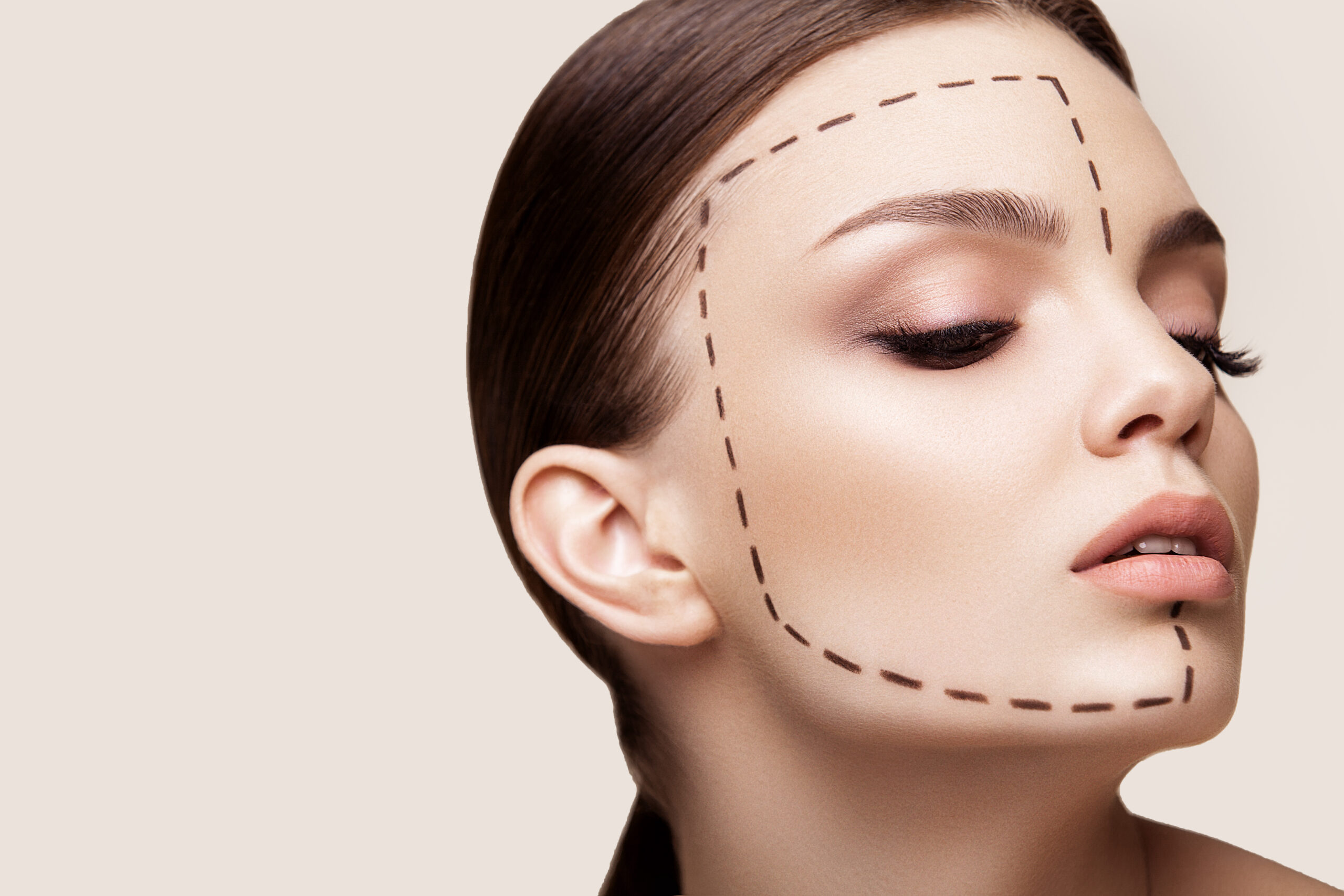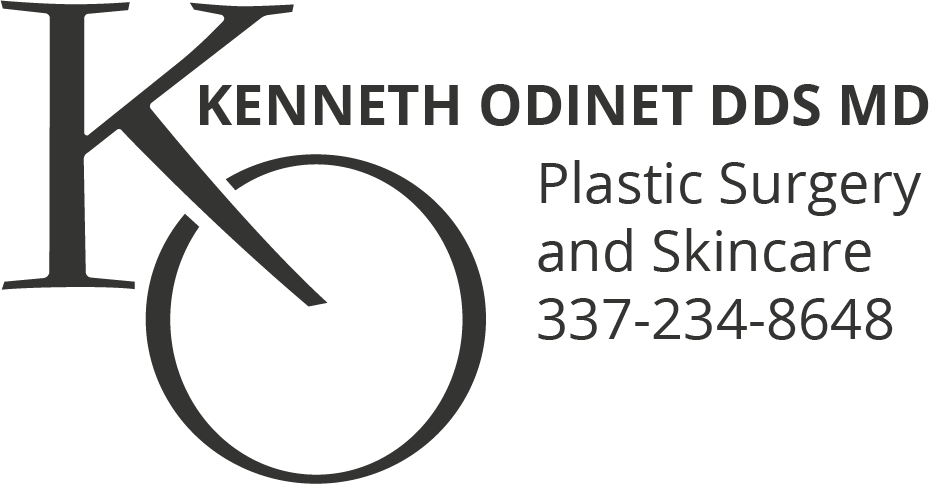
Plastic surgery can be a life-changing experience, but it also requires a significant amount of time and effort for recovery. In this article, we’ll cover the recovery process from plastic surgery, focusing on points about how many PTO days you need, tips on pain management, preparing for a successful recovery, and how to care for incisions.
PTO Days Needed for Plastic Surgery Recovery
The number of PTO (paid time off) days you need for plastic surgery recovery depends on the type of procedure you undergo. For example, breast augmentation, breast reduction, or breast lift, you may only need a week off of work. , while more invasive surgeries may require a couple weeks of rest. In general, you should plan to take at least one to two weeks off work to allow for proper healing.
During this time, it’s important to avoid any activities that could put strain on the surgical area. This includes heavy lifting, bending, and stretching. You should also avoid driving, as the medications you may be taking for pain can impair your ability to operate a vehicle safely.
Tips on Pain Management
Pain management is an essential aspect of plastic surgery recovery. Your surgeon will prescribe pain medication to help alleviate any discomfort you may experience, but there are also other methods you can use to manage pain.
Ice packs can help reduce swelling and alleviate pain. You should apply ice packs to the surgical area for 20 minutes at a time, several times a day. Be sure to wrap the ice pack in a cloth or towel to prevent skin irritation.
Another effective pain management technique is elevation. Elevating the surgical area above your heart can help reduce swelling and improve blood flow. You can do this by propping up pillows or using a recliner.
Preparing for a Successful Recovery
Preparing for a successful recovery involves taking steps to ensure that your body is in the best possible condition before the surgery. This includes eating a healthy diet, staying hydrated, and getting enough rest.
You should also avoid smoking and drinking alcohol before and after the surgery, as these habits can interfere with the healing process. Additionally, it’s important to follow any pre-surgery instructions your surgeon provides, such as avoiding certain medications or supplements.
How to Care for Incisions
Proper care of incisions is essential for a successful recovery. Your surgeon will provide you with specific instructions on how to care for your incisions, but here are some general guidelines to follow:
Keep the incisions clean and dry. You may need to cover them with bandages or dressings, which should be changed regularly.
Avoid exposing the incisions to direct sunlight or extreme temperatures.
Do not pick at the scabs or try to remove them, as this can cause infection and scarring.
Use scar cream or silicone sheets as directed by your surgeon to help reduce scarring.


